Science Highlights
-
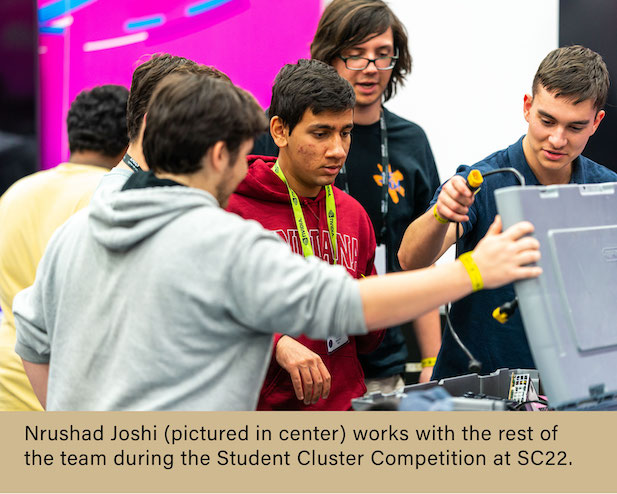
Anvil REU Program has major impact on student success
After only one year, the Anvil summer Research Experience for Undergraduates (REU) program is already impacting the lives and careers of the students who participated. Nrushad Joshi, an undergraduate student at Indiana University, recently accepted...
-
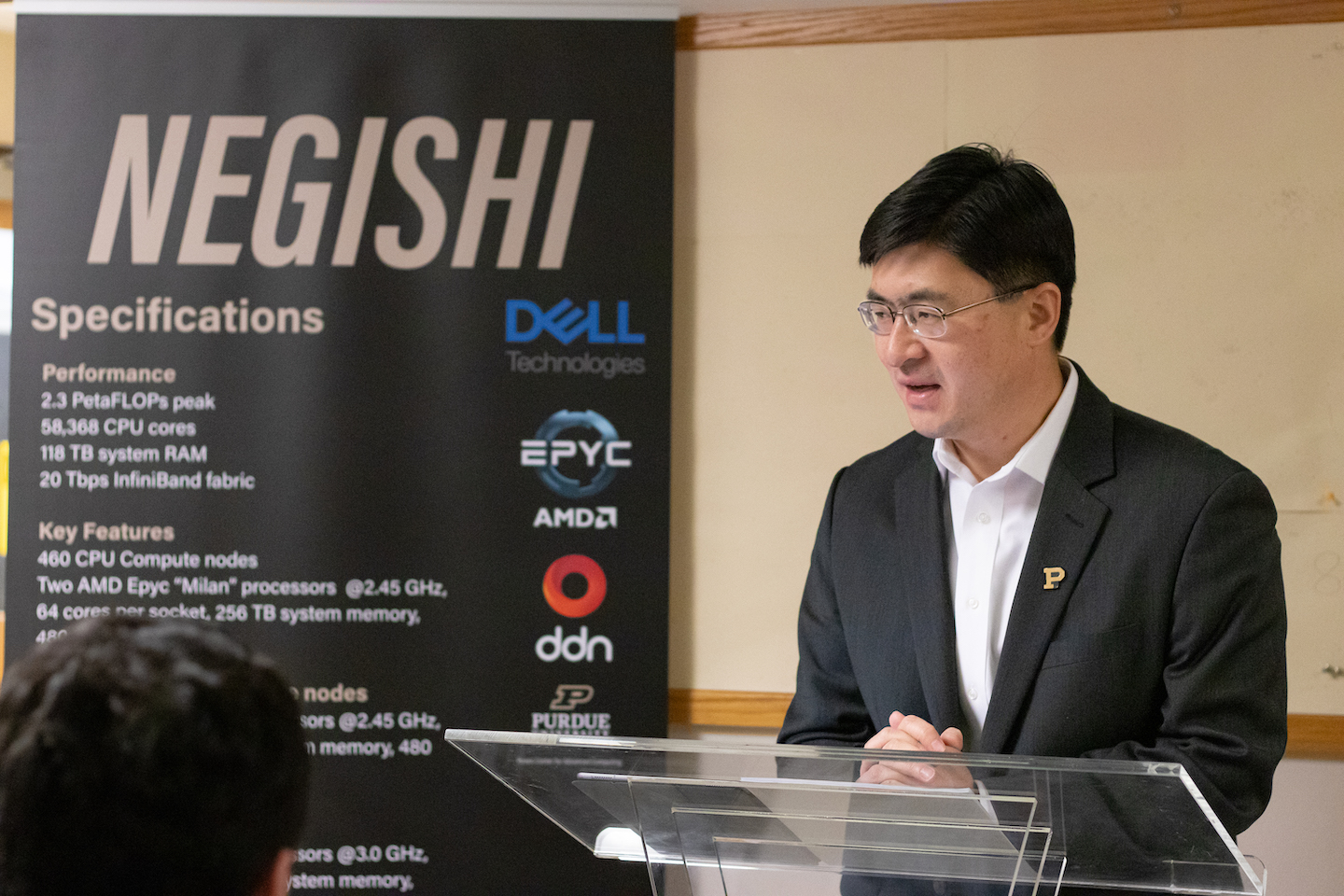
The Rosen Center for Advanced Computing (RCAC)’s newest community cluster Negishi, named in honor of distinguished professor of chemistry and Nobel laureate Ei-ichi Negishi, was dedicated Friday afternoon in a ceremony including Negishi’s daughters a...
-
Scholar cluster powers Purdue’s Formula SAE team to success in race car competition
Purdue's Formula SAE student racing team recently achieved the best result in their team’s 30-year history, thanks in large part to the use of the Rosen Center for Advanced Computing (RCAC)’s Scholar cluster. Every year, the Formula SAE team designs...
-
Women in HPC group hosting talk about creating inclusive classrooms in February
Purdue’s Women in High-Performance Computing (WHPC) group is hosting a talk by Elizabeth Karcher, associate professor of animal sciences, titled “Everyone is welcome: Effective practices for creating engaging and inclusive classroom environments” on...
-
Adverse drug effects are thought to be vastly underreported, but a team from Purdue’s College of Pharmacy is working with the Rosen Center for Advanced Computing (RCAC) to use artificial intelligence to change that. RCAC senior research data scientis...
-
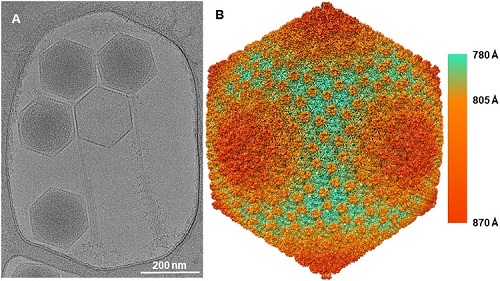
RCAC adds GPUs to cluster as part of broader investment in AI research
As part of a push to expand GPU computing capabilities to meet the needs of researchers working in AI, machine learning, and accelerated modeling and simulation, the Rosen Center for Advanced Computing (RCAC) has recently added 93 new NVIDIA A10, A3...
-
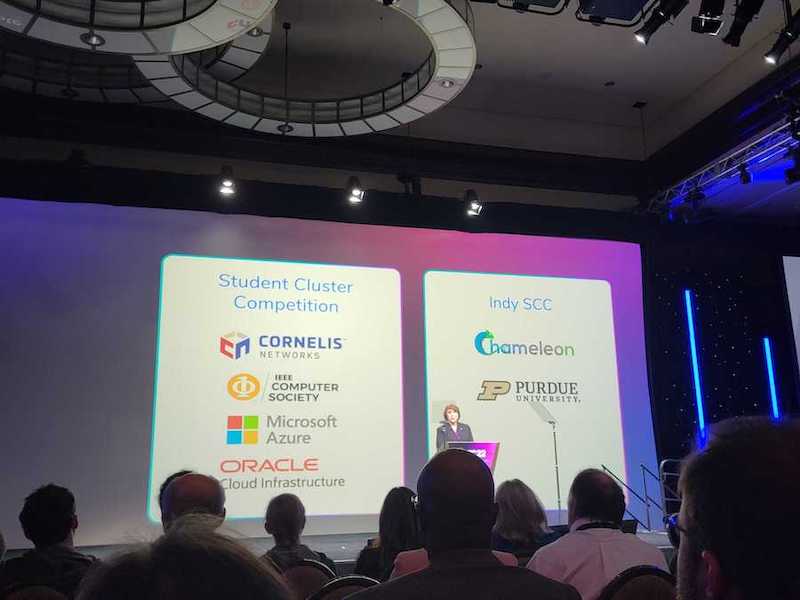
Purdue sponsors IndySCC competition at the Supercomputing conference
Purdue’s Rosen Center for Advanced Computing (RCAC) recently donated hardware infrastructure, including an entire cluster of nodes of the recently retired Rice cluster, and provided staff support to a supercomputing competition for students just get...
-
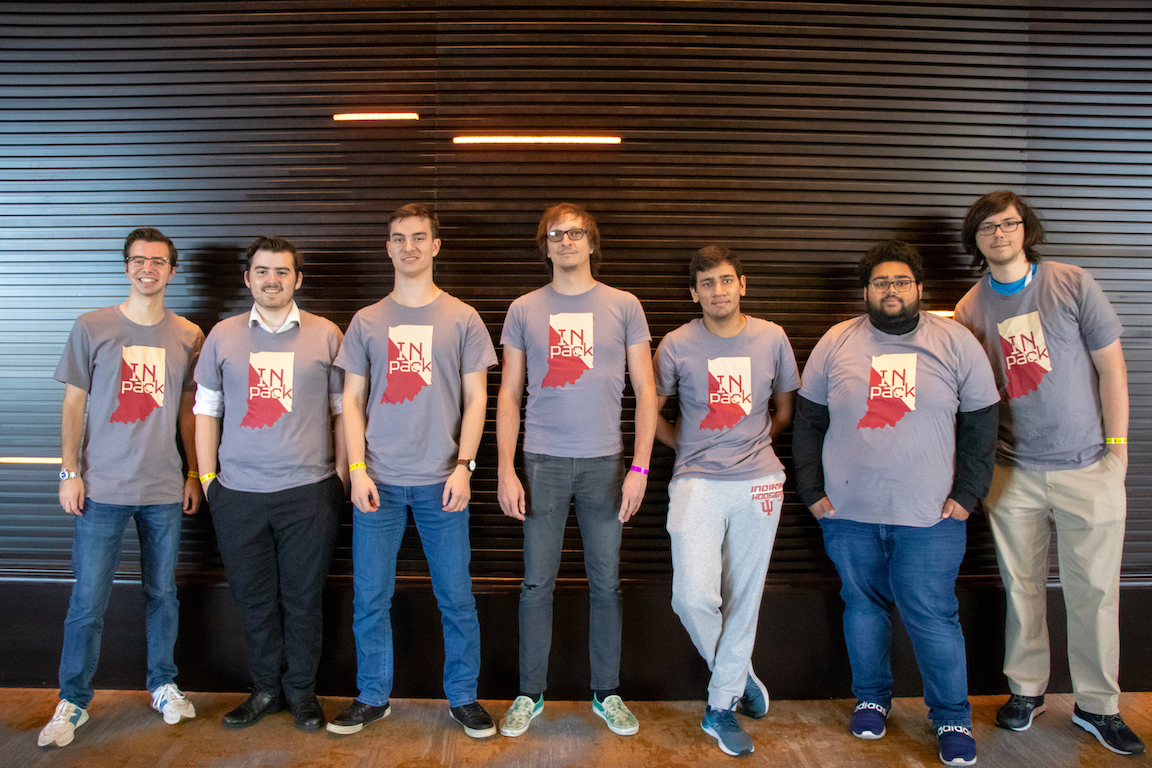
Purdue, IU team up for student supercomputing competition
For the first time ever, Purdue students have teamed up with their counterparts at Indiana University to showcase their supercomputer building skills, and work hands-on with high performance computing (HPC) and scientific computing. The joint Purdue-...
-
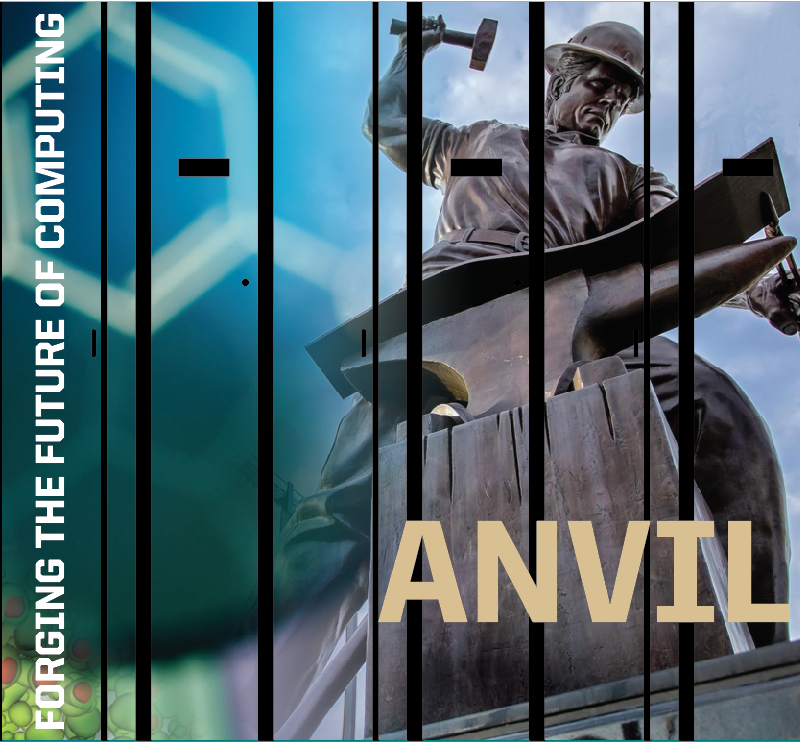
Purdue’s Anvil supercomputer accelerating scientific research progress
One year into its operations, Purdue’s powerful Anvil supercomputer has already enabled groundbreaking research in fields such as drug discovery, astrophysics and sustainability research. Anvil, which is funded by a $22 million grant from the Nationa...
-
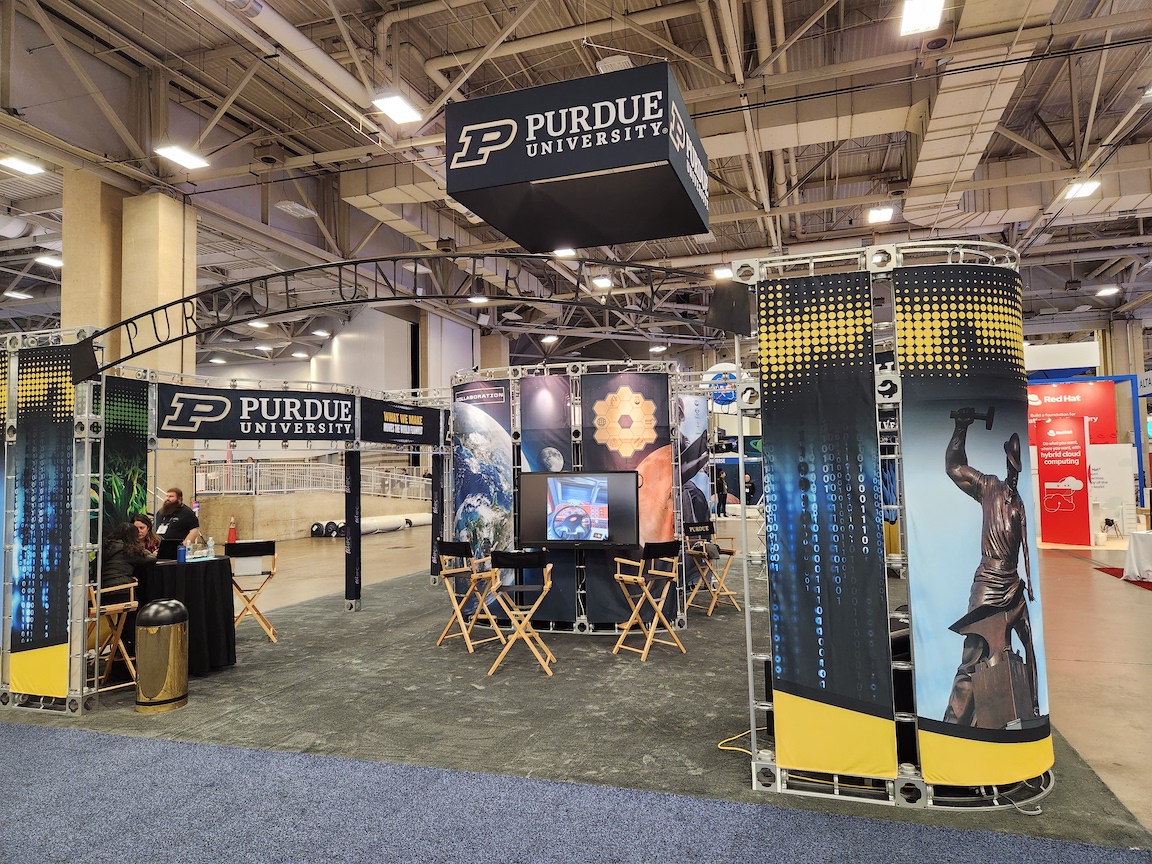
Purdue to have major presence at international supercomputing conference
Purdue’s Rosen Center for Advanced Computing (RCAC) will once again have a booth at this year’s SC22 Supercomputing conference, happening in Dallas, Texas from Nov. 13-18. Gerhard Klimeck, professor of electrical and computer engineering and long-ti...
-
RCAC awarded $500,000 grant for composable and HPC workflow storage
Lead computational scientist Erik Gough is the PI on a $500,000 NSF award that establishes a model for Software Defined Storage as a Service (STaaS) at the campus level, offering unified access to and on-demand provisioning of block, object and files...
-
Purdue part of new quantum research collaborative
Led by the Rosen Center for Advanced Computing (RCAC), Purdue has joined as a founding partner in the new Quantum Collaborative launched by Arizona State University. The Quantum Collaborative is a major 21st century initiative poised to profoundly im...
-

New community cluster Negishi arriving this fall, space available for purchase now
Purdue’s newest community cluster supercomputer, known as “Negishi” after the late Nobel Prize laureate and Herbert C. Brown Distinguished Professor in the Department of Chemistry, is optimized for traditional, tightly-coupled science and engineering...
-
Purdue Northwest team using Bell cluster on $7 million DOE project
A Purdue Northwest team designing a multi-component tool for blast furnace operation in the steelmaking industry is using the Rosen Center for Advanced Computing (RCAC)’s Bell computing cluster to refine their models. Tyamo Okosun, a research associa...
-
AMD senior vice president headlines inaugural RCAC cyberinfrastructure symposium
The Rosen Center for Advanced Computing (RCAC) held its inaugural cyberinfrastructure symposium “Enabling Giant Leaps in Advanced Computing” on October 4. AMD senior vice president Ivo Bolsens delivered the keynote address. Bolsens spoke about AMD’s...
-
RCAC summer interns get real world high-performance computing experience
Three undergraduate students spent their summer break getting hands-on experience with high-performance computing, thanks to a Research Experiences for Undergraduates program run by the Rosen Center for Advanced Computing (RCAC). The students worked...
-
Oct. 4 Cyberinfrastructure Symposium to feature keynote address from AMD’s chief technology officer
The Rosen Center for Advanced Computing (RCAC) will host a Cyberinfrastructure Symposium in Fowler Hall on Oct. 4 that will feature a keynote address from Mark Papermaster, AMD’s chief technology officer and executive vice president. The campus commu...
-
Anvil accelerates sustainability and photosynthesis research
Purdue’s Anvil supercomputer is helping a Michigan State research team study processes associated with photosynthesis and plant metabolism, and apply those insights to facilitate more efficient energy conversion to meet today’s sustainability challen...
-
Anvil used to train cancer researchers in big data analysis
Purdue’s powerful Anvil supercomputer is being used to train a group of cancer researchers – from graduate students to professors and practicing physicians – on big data management, analysis and visualization skills. Min Zhang, professor of statistic...
-
Envision Center developing 3D weather visualization technology to assist small aircraft pilots
New technology developed by the Rosen Center for Advanced Computing’s Envision Center aims to make aviation safer by helping pilots avoid flying into adverse weather. In collaboration with FlightProfiler, the Envision Center has created a geospatial...
